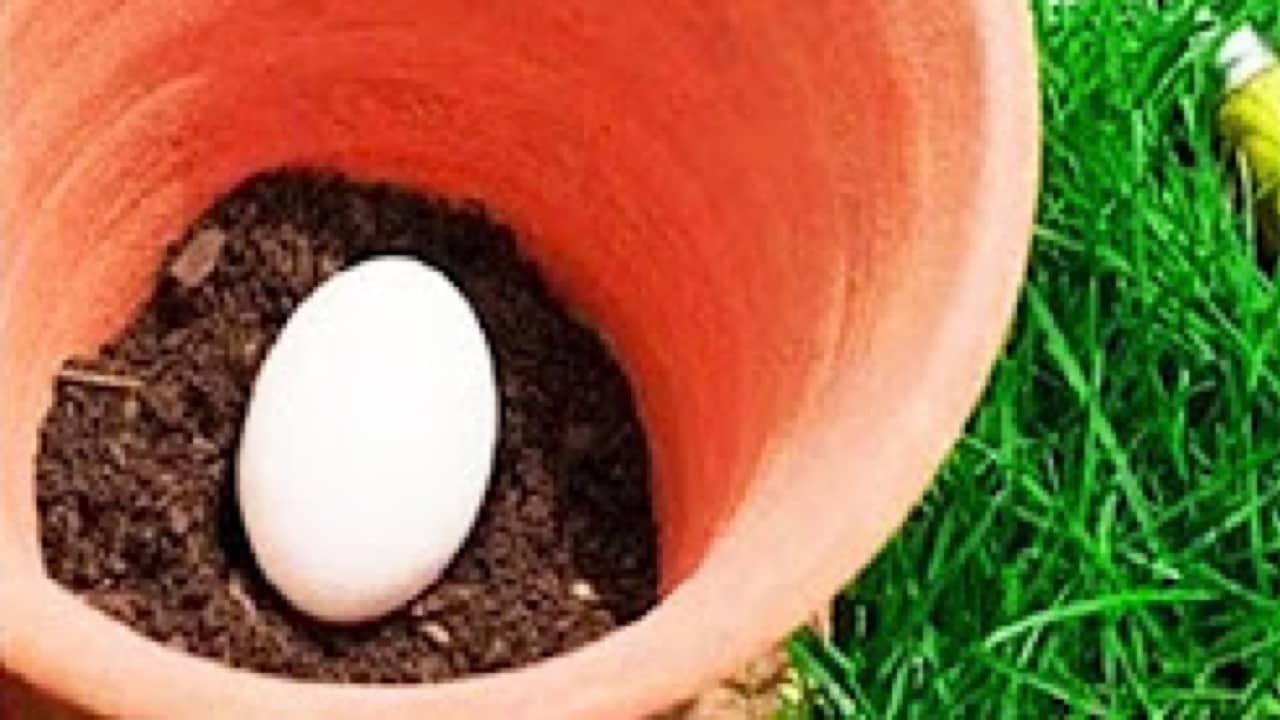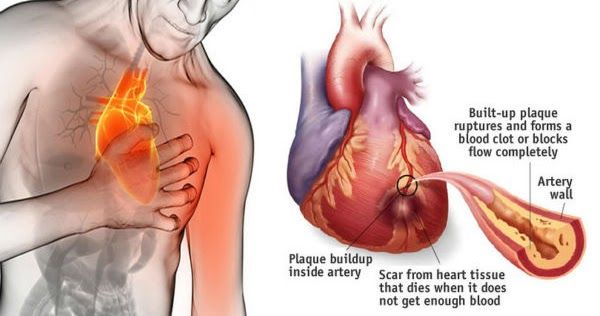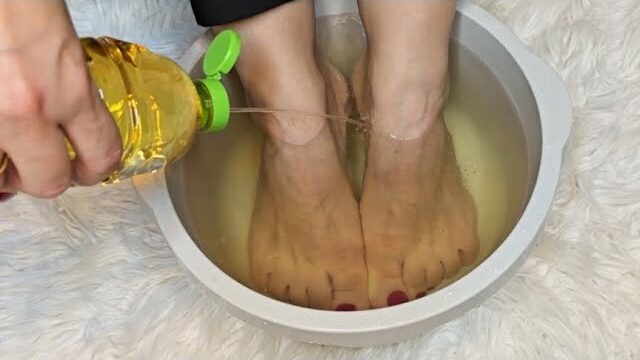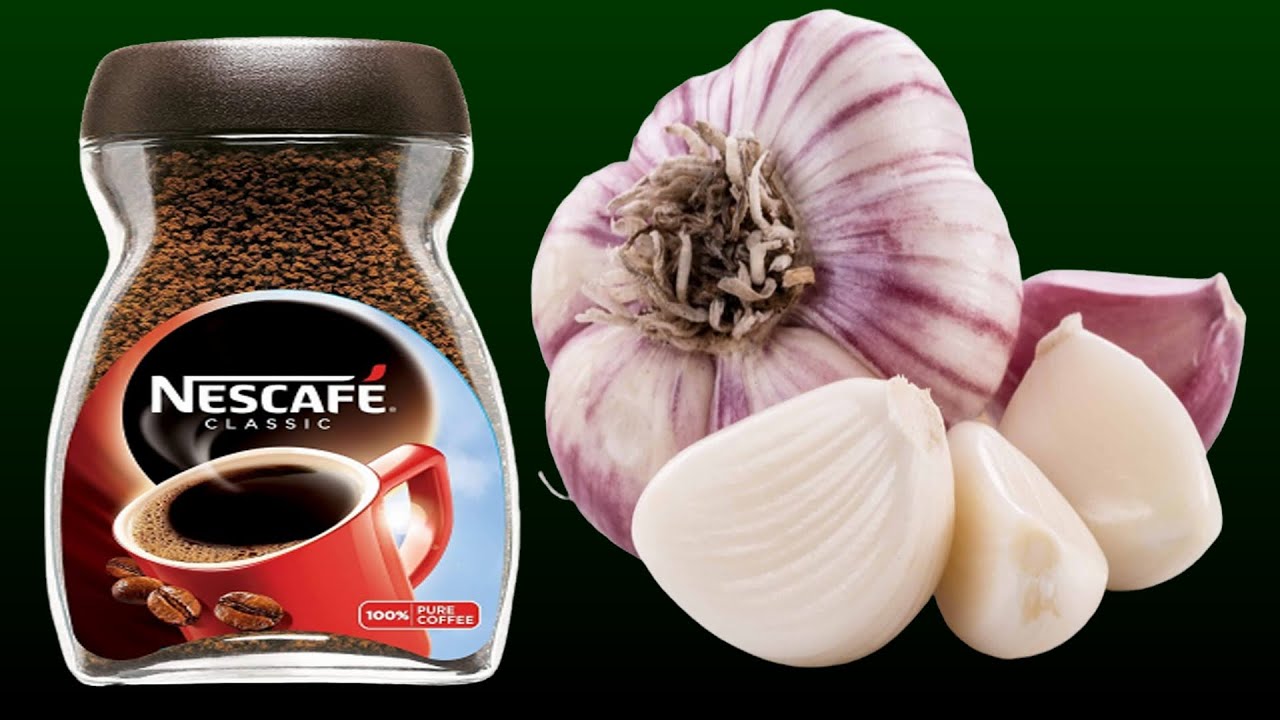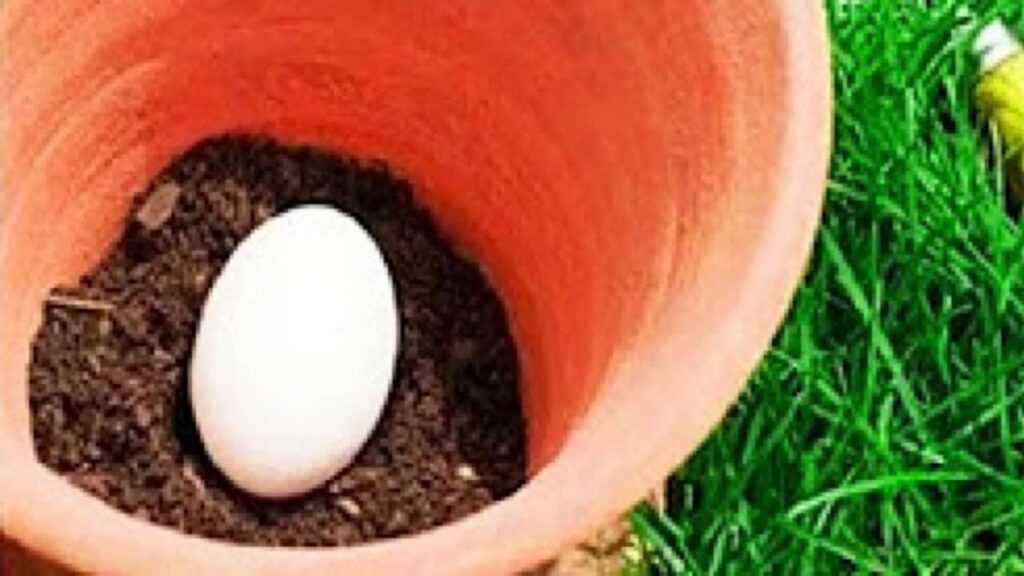
If you’re looking for a simple and natural way to boost the health of your garden, burying an egg in the soil might be the answer. This age-old gardening trick can dramatically improve soil fertility, promoting plant growth and leading to healthier, more abundant crops. Let’s explore why burying an egg in your garden soil can be so beneficial and what happens a few days after you do it.
Why Bury an Egg?
Eggs are packed with nutrients that are not only good for your body but also for the soil. When you bury an egg in your garden, it acts as a natural fertilizer, slowly releasing essential nutrients into the soil as it decomposes. Here’s what makes an egg so powerful for your garden:
-
Calcium: The eggshell is rich in calcium, which helps plants build strong cell walls. This is particularly beneficial for plants like tomatoes and peppers, which often suffer from blossom end rot caused by calcium deficiency.
-
Organic Matter: As the egg breaks down, it adds organic matter to the soil, improving its structure and ability to retain moisture. This helps plants thrive, especially during dry periods.
-
Nutrients for Microorganisms: The decomposition of the egg provides food for beneficial microorganisms in the soil, enhancing the overall health of your garden ecosystem.
What Happens After You Bury the Egg?
1. Improves Soil Fertility
As the egg decomposes over time, it releases calcium and other nutrients into the soil. These nutrients are essential for plant growth and are absorbed by the roots, leading to healthier and stronger plants.
2. Enhances Root Development
The slow release of nutrients from the egg improves root development in plants, making them more resilient and better able to take in water and nutrients. This leads to faster-growing, more robust plants.
3. Reduces the Risk of Calcium Deficiency
Burying an egg, especially near plants prone to calcium deficiency, can prevent issues like blossom end rot in tomatoes and peppers. The calcium from the eggshell is slowly released into the soil, helping your plants maintain proper nutrition.
4. Encourages Beneficial Soil Organisms
As the egg decomposes, it attracts beneficial microorganisms and earthworms, which help break down the organic matter and aerate the soil. These organisms improve soil health, making it more fertile and able to support strong plant growth.
How to Bury an Egg in Your Garden:
1. Dig a Small Hole
Choose a spot near the plant or in the center of your garden bed. Dig a small hole about 6-12 inches deep, depending on how large the plant will grow.
2. Place the Egg in the Hole
You can use a whole raw egg or just the eggshells. If using eggshells, crush them before placing them in the hole. If using a whole egg, gently place it at the bottom of the hole.
3. Cover with Soil
Once the egg is in place, cover it with soil and make sure it’s well-buried. You can plant seeds or transplant seedlings directly above the spot where the egg is buried.
4. Water Regularly
Water the area as you normally would, and allow the egg to decompose over time. The nutrients will be released slowly, enriching the soil and feeding your plants.
Benefits of This Natural Fertilizer:
-
Saves Money: Using an egg as fertilizer is a cost-effective way to enrich your soil, eliminating the need for chemical fertilizers.
-
Improves Plant Health: The slow-release nutrients help plants grow stronger, healthier, and more productive.
-
Eco-Friendly: This method reduces waste and is completely natural, helping you maintain an eco-friendly garden.
Conclusion: A Simple Trick for a Healthier Garden
Burying an egg in your garden soil is an easy and natural way to boost plant growth and improve soil health. With its calcium-rich eggshell and nutrient-packed interior, an egg acts as a slow-release fertilizer that supports your plants over time. Give this simple gardening trick a try, and you’ll be amazed at the difference it can make in your garden!
